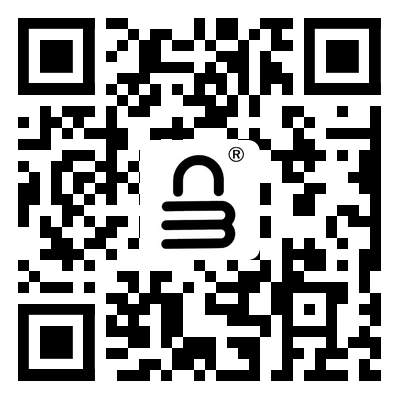 English
English Español
Español  Português
Português  русский
русский  Français
Français  日本語
日本語  Deutsch
Deutsch  tiếng Việt
tiếng Việt  Italiano
Italiano  Nederlands
Nederlands  ภาษาไทย
ภาษาไทย  Polski
Polski  한국어
한국어  Svenska
Svenska  magyar
magyar  Malay
Malay  বাংলা ভাষার
বাংলা ভাষার  Dansk
Dansk  Suomi
Suomi  हिन्दी
हिन्दी  Pilipino
Pilipino  Türkçe
Türkçe  Gaeilge
Gaeilge  العربية
العربية  Indonesia
Indonesia  Norsk
Norsk  تمل
تمل  český
český  ελληνικά
ελληνικά  український
український  Javanese
Javanese  فارسی
فارسی  தமிழ்
தமிழ்  తెలుగు
తెలుగు  नेपाली
नेपाली  Burmese
Burmese  български
български  ລາວ
ລາວ  Latine
Latine  Қазақша
Қазақша  Euskal
Euskal  Azərbaycan
Azərbaycan  Slovenský jazyk
Slovenský jazyk  Македонски
Македонски  Lietuvos
Lietuvos  Eesti Keel
Eesti Keel  Română
Română  Slovenski
Slovenski  मराठी
मराठी  Srpski језик
Srpski језик
What is zinc die cast material?
2022-08-23
Zinc is one of the most versatile die cast metals. It provides higher precision with lower tooling costs when compared to other die cast metals like aluminum or magnesium. Zinc die casting also offers a broad range of excellent physical and mechanical properties, finishing characteristics, and is the easiest to cast.
Advantages of Using Zinc
One of the most significant advantages of zinc is the fact that it reduces tooling costs. Die cast tooling is typically a significant cost factor, so it’s important to save where you can. Because zinc has a low melting temperature, dies can last up to 10 times longer than those used in aluminum die casting and about five times longer than dies used for magnesium. That means fewer repairs, less downtime, and more parts produced over the life of the tool. Small zinc parts can utilize the high-speed 4-slide miniature zinc die casting process, which allows for significantly lower upfront tooling costs when compared to aluminum or magnesium. Click here to learn more about that process.
The advantages of zinc die casting include:
Lower tooling cost (particularly if it can use the miniature zinc die casting process)
The ability to cast near net-shaped complex geometries with thinner walls and less draft angle than castings produced with other metals reduces the need for machine features.
Excellent balance of mechanical and physical properties, including higher yield strength and elongation when compared to aluminum or magnesium.
Good vibration dampening capacity compared to aluminum
Wide range of finishing options
Faster production time
The many advantages of zinc allow it to be used in a wide range of industries and applications.




